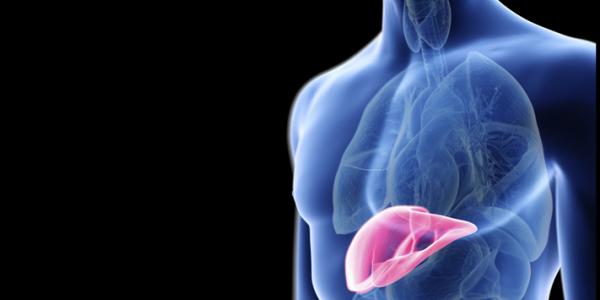


The liver is the largest organ in the human body. Located in the upper-right section of your abdomen, the liver is responsible for filtering the blood that comes through your digestive tract before it is pumped to the rest of your body. The liver breaks down and detoxifies often harmful chemicals like alcohol, while also converting vitamins, nutrients and medicines into substances that your body can use.
People often assume that they are only at risk for liver complications if they abuse alcohol. While it is true that those who consume more than two drinks of alcohol per day are at risk for liver disease, there are other ways to develop it. In fact, did you know that non-alcoholic fatty liver disease (NAFLD) now affects roughly 20 to 40 percent of all Americans?
NAFLD is the build-up of extra fat in the liver cells that is not caused by alcohol. While some amount of fat in the liver is normal, it is called “fatty liver” — or steatosis — when more than 5 to 10 percent of the liver’s weight is from fat. NAFLD can be caused by a number of non-alcoholic factors, including high cholesterol, high levels of triglycerides in the blood, obesity and type two diabetes.
NAFLD is the most common form of chronic liver disease in the United States. In fact, according to the American Liver Foundation, it affects one in three adults and one in ten children. While NAFLD itself does not cause any immediate health issues, it can lead to more serious conditions. Not only is it one of the country’s leading causes of cirrhosis of the liver, it can also increase your risk for developing heart disease.
Fortunately, fatty liver disease can be avoided or even reversed by adopting a healthy lifestyle. Whether you have already been diagnosed or are trying to decrease your risk of developing this disease, consider taking these steps to improve your health:
Understanding what fatty liver disease is — and how you can avoid it — is the first step in staying healthy. Talk to your doctor if you are concerned about your risk for NAFLD.
This article first appeared in the October 2019 edition of the HealthPerks newsletter.

Identify your risk factors and what to do if you are at risk.